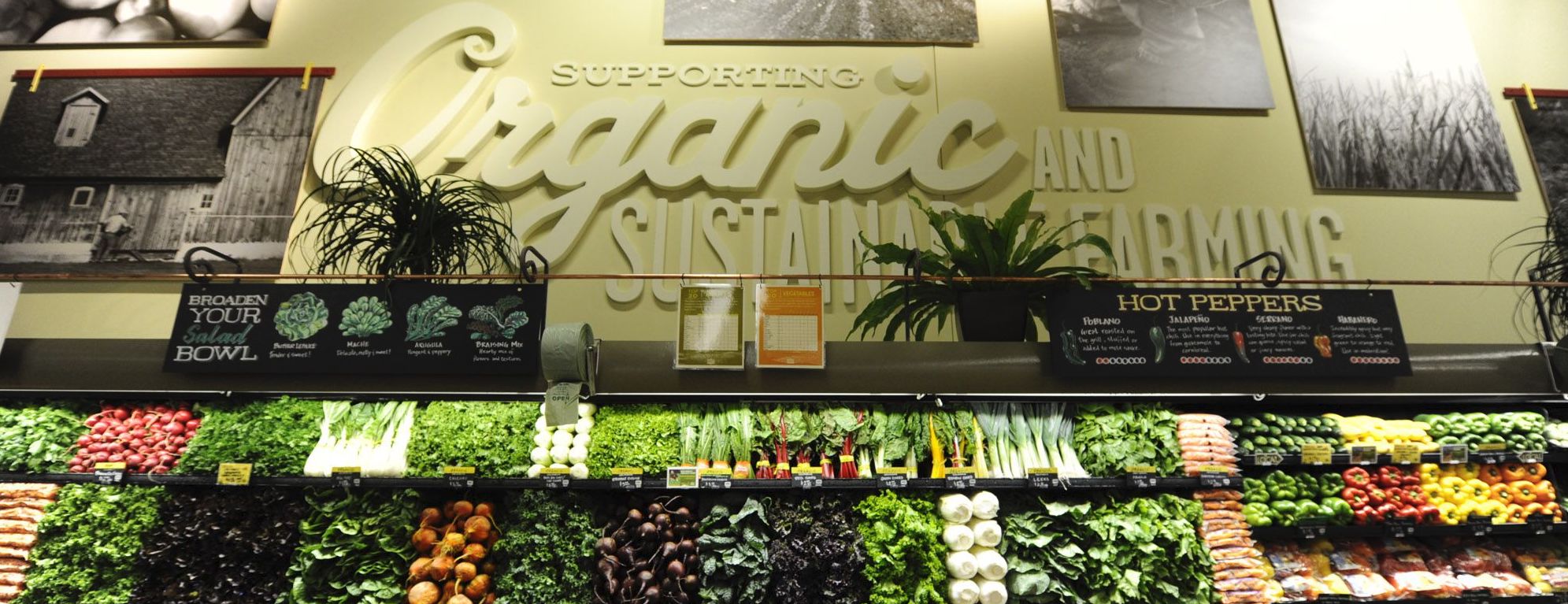
Driving down prices . . . more supermarkets are competing for the growing organic food market. [o]
Interview with Samo and Iza Login
WHITNEY SMITH Let's start at the beginning, when you got the idea.
IZA LOGIN Ten years ago Samo felt a great urge to work on sustainability projects, to somehow help our Mother Earth, and for humanity to somehow live in harmony. But because we didn't have enough money to fund projects to do that — and we knew it would be hard to get that money in Eastern Europe — it was his idea to found a company and make 100 million euros.
SAMO LOGIN The original goal was to sell it in seven years, and we sold it in exactly seven years, but not just for 100 million, but for 1 billion. And now we have enough money to work on this, our, let's say, life purpose.
We didn’t know what we would do before selling the company. We had the idea of the projects, perhaps in energy. But the investments are huge in this area, and at the same time, we figured out that, actually, food for people is very underfunded. Also, we wanted to deal with greenhouse gas emissions, biodiversity loss and pollution. Taking everything into account, agriculture and food production in general is the worst damage we're doing to our planet.
Each surprise can be very expensive. If you don't have everything under control, the damage to your fields can happen very quickly.
IZA We also thought, let's make a food that everybody would like to eat — food that is better than anything else.
SAMO To do that we have two labs here in Ljubljana, in Slovenia. The first lab is doing research into food production and farming methods related to efficiency and sustainability, and the second lab, a sensoric lab, is devoted to neurological research to learn how to measure the pleasure people experience when eating certain foods.
WHITNEY What is a sensoric lab and how does it work, measuring the pleasure effect in food?
IZA A sensoric lab uses a controlled environment and protocols to systematically test different parameters of any type of food — to figure out how consumers react to something. Though we’re not doing it right now because of Covid, we would usually have large samples of people who participate in the tests, up to 1000 a week. Some foods can be measured, and some are very subjective, like saltiness. To one person it’s too salty, to another it’s just right.
SAMO And then you have an expert panel, which is separate, a smaller group which can also give you more objective results, because they are, in a way, calibrated. They’re all super tasters, professionals who do it for a living.
WHITNEY And the food production lab?
SAMO With food production, it’s not just about finding better ways to grow crops. It’s also about better methods for processing, packaging, providing full transparency for each stakeholder, and offering tools for governments (one of the stakeholders because they offer benefits) to measure emissions and pollution in different types of production.
Billions of app downloads and YouTube views . . . an entertainment empire based on a talking cat. [o]
For instance, if you’re growing wheat in a field and you know exactly what went into the soil, what techniques were used, and how much fuel was used, then you have data that enable you to ask, “Was this production carbon neutral, negative or positive?” Having this data offers a new and fair way to assess and provide future subsidies, which these days are quite obsolete. There should always be full transparency about what the consumer is buying — where it was grown, what was used to grow it, how it was processed and transported to me, the consumer. If consumers — who are already very interested in knowing this information —vote with their wallets, they will understand that if they buy something grown in a situation where lower emissions are created, they've done something for the planet.
WHITNEY So you have these two labs, one a food hacking lab and the other a farming production lab. Let’s start with the latter. Imagine I have a small farm with a handful of staff and I’m trying to explain to them why we are using this software of yours. How do I start?
SAMO You tell them this. We are using this open source software (provided by us), free to everyone, and very simple to use. If you can use Google Maps, you will have no trouble using it. Using this software will give you the opportunity of letting the consumer know all the information they need about the produce they have before them. But its main purpose is to improve efficiency and lower cost of production of the farm. Now, you and your employees, of course, are very cautious about not blowing too much money on the costs of modern farming — especially in organic farming where it’s difficult to control everything. Each surprise can be very expensive. If you don't have everything under control, the damage to your fields can happen very quickly.
WHITNEY And you dedicated only on organic farming?
IZA We only believe in organic farming because our goal is to provide healthy and sustainable foods. In addition to proving that organic farming is profitable, we want to prove that it is also regenerative and non-violent. These days organic farming depends heavily on animal agriculture through the use of animal manure. This is not sustainable because if you look at how many crops are grown, it's just not possible to use animal manure for all crops as fertilizers. So we are thinking way beyond what are today's expectations of even ecologically-minded farmers.
WHITNEY What’s the response from farmers so far?
SAMO Though we have not yet gone to market, there is interest from some very big farms, 75,000 hectares and more, who know this will be the future, that organic is the only way to go. They are not organic yet, but we believe they will be. They sense what’s coming. The demand for organic products is growing rapidly.
IZA The question these big farming businesses ask us is, How can we prove that we are carbon negative? We tell them we’re working really hard to provide you with such tools. And, when they saw the other problems our services will be able to solve for them, they are excited. Plus, part of what we’ll do for them is create demand for their products.
WHITNEY You're doing research into food production and farming, and one of the controversial issues in these areas is GMOs, genetically modified seeds. What is your view of GMOs?
SAMO I’m not a supporter of GMO products. We think we know everything about nature, about how things work, but actually, we just know a fraction. So our lack of knowledge might be dangerous, and might be playing with fire in my opinion.
WHITNEY Some argue that GMO corn seed, for instance, offers more resistance to blight than traditional corn strains. Are you saying that we need to resist the temptation of such so-called efficiencies?
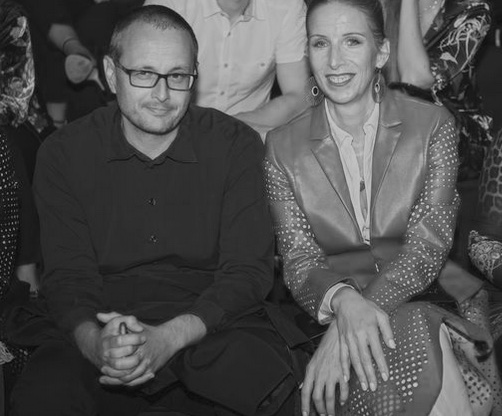
Samo and Iza Login, 2018. "If your motivation is a certain purpose that they feel passionate about, we don't have big problems anymore." [o]
SAMO Yes, I claim that we need to resist that. There's another dangerous part, which is that these GMO seeds are patented. In my opinion there should be no patents or intellectual property protection on seeds. Seeds should exist within the common good. Monsanto will sue you if they see that you have a hybrid of their corn containing genes of their corn, yet a farmer being in possession of such a thing could have occurred intentionally or unintentionally.
WHITNEY You said earlier that it’s crucial to keep everything under control, as much as possible, to avoid damage that can occur to your fields or soil. It sounds like protecting the provenance of your seeds is equally important, and equally essential to the success of an organic farm devoted to health and sustainability.
SAMO Yes. Sustainability is that you can do it forever, which also means you are not depleting resources, and that you are possibly regenerating resources. Then it is sustainable. Otherwise, it is not.
WHITNEY Let’s return to me trying to explain this software to my employees, why they should see it as valuable.
SAMO You explain to them that the end goal is not only to certify your farm as organic, but to have farming practices that will be sustainable and profitable in the long run. Here’s an example. Take one element of farming: soil. Soil is the best long term investment for every farmer, and especially in Northern Europe and the US, because of erosion and degradation of the soil, it has become a big problem. In growing organic crops soil is the biggest capital investment.
WHITNEY So this software is like having ten geniuses in organic farm production on staff who are going to help me, which, ideally, could help me be in the alignment with the four principles of organic farming: health, ecology, fairness and care. IS that what you're talking about.
SAMO Exactly. Again, more efficiency, less cost. And, as a side effect, you will be able to show full transparency of your environmental impact. As this transparency data becomes more available, I believe governments will change their minds about how to fairly subsidize. Today’s subsidies are not fair.
WHITNEY Have you spoken to governments?
SAMO No, governments are never the leaders. The demand comes from the market and governments follow.
WHITNEY There are many kinds of farmers. Are we talking about sheep farmers, goat and cheese makers, farmers who grow wheat and barley and corn?
SAMO We believe that the future of food will be all plant-based for humans.
WHITNEY Are you vegetarians?
IZA Vegans, for 30 years.
SAMO The explanation is simple. If you study current population growth and the growth of living standards, there is no way we'll be able to continue to eat as we now do in Western countries — resources of four to five Earths would be required to feed everybody with the typical Western diet. As well, the living standard in developing countries in increasing, and when living standard increases, meat consumption jumps. So it’s unavoidable. We need to figure out better ways...
When you change food and approaches to food production and consumption, you also change your perspective towards nature.
WHITNEY What about those people who require meat protein?
SAMO Well, we believe that type of protein is not necessary for humans. If you look at animals in agriculture, they are only intermediaries in bringing proteins to humans, and the fact is they're very inefficient intermediaries. There is a study that says that even better than soy protein — if you look at environmental impact — is pea protein. It is the most efficient one, followed by other legumes that are less efficient. Then we get to animal proteins that are 100 times less efficient. So why would we use those proteins from intermediaries? If we do then we’re doomed. We will not be able to provide enough food for humanity.
WHITNEY One of the reasons people eat meat, fowl and fish is for the pleasure, for the deliciousness and hedonistic factors. How will you convince those people to pass up on their individual pleasure.
SAMO We are in the early development of it, but we’ve done some successful tests. For instance, we did comparison tests with lasagna dishes from some of the best restaurants we could find, and from supermarkets and specialty food shops. We proved that if it's made without meat, and done using the best possible methods, more consumers were convinced that they were eating a meat lasagna when actually they were eating a non-meat lasagna. And, they ranked it higher than the meat lasagna. However, this is not the end goal. But it is a simple proof that for reasons of pleasure, we don't need meat anymore.
WHITNEY So, let’s say I’m convinced and want to subscribe to your food recipe program that is meatless and delicious. How do I do it?
IZA It will sound rather sci-fi.
WHITNEY Uh, most radical change probably sounds sc-fi when you first hear about it.
IZA I suppose. So, let’s suppose that you have a 3D printer which contains the recipes for your favourite dishes. You decide to eat beef steak with green vegetables, potatoes and a special sauce from the famed chef from Restaurant X.
WHITNEY Is this 3D printer a machine that actually makes food?
IZA Again, this is conceptual at this stage, but let’s say it’s a machine working in a similar way to a 3D printer, but with food powder as the raw ingredient rather than plastic or metal. To make this recipe you have a selection of powders made specially for you, individualized to your tastes and nutritional needs. You may have an illness, you are too heavy or too thin or too tired, and you need certain vitamins and supplements to deal with your illness. For your meal, the 3D printer prints out exactly the dish you have selected. Now, a key factor is this: when you eat it, your brain is helping. How you perceive the taste of these foods is exactly the same as it would be if you were to eat the real thing today.
SAMO And if you can influence the brain, you can help it to perceive this meal as better than it actually is.
WHITNEY So do you mean that it’s similar to how we react to salt when we put it on our food — that it speaks to the tongue to read it as more tasty than without it?
"The best scientists we could have found, they come and ask if they can work for us." [o]
SAMO In a way, yes. That sort of principle.
WHITNEY But what does this 3D printer meal look like? Is the steak made of powders and other things look similar to a real piece of steak, or could it be made into any shape? Probably best to have it be brown, right?
IZA Well, you want it to look like the analog version of a steak, right?
WHITNEY If my steak looks like an English muffin, I’m not so sure I’d like it. But on the subject of an English muffin that tastes like steak, are you going to invent new foods?
SAMO Not all categories have been invented, but there is a proof in the market for the need of other categories. Before Red Bull there were no energy drinks on a large scale. With Red Bull, which I'm not a fan of, they proved that it is possible to introduce a completely new category and be successful. There will be new categories of foods. Some of them will deliver great pleasure in taste yet be made out of sustainable and healthy ingredients.
WHITNEY What is your economic model for the food production software and the food taste enhancement technology?
SAMO We don't have an economic model, which is why we set out a plan to to earn the money we'd need for this in seven years. And if the costs of running such a service will be too high, I'm not afraid. We'll figure out how to get funding to run it.
WHITNEY So you've got your thing, you're going to give it away, you're going to try to get everyone to use it, and you're going to sustain the project with other work. Is that it?
SAMO Yes.
WHITNEY Have you talked to Bill Gates?
IZA Yes. We are now members of Giving Pledge, started by Bill and Melinda Gates and Warren Buffett.
WHITNEY What does it mean to be a member?
IZA We give away the majority of what we earn for philanthropic purposes.
A few of the 220 Pledgers . . . a new movement for the very wealthy. [o]
WHITNEY These are grand ideas, even if some of them are quite, as you say, sci-fi. Of course there is always risk, but what are you doing to insure, as much as possible, that you will be able to execute this vision?
SAMO When you change food and approaches to food production and consumption, you also change your perspective towards nature. In the book about us that just co\ame out, 7 Unicorn Drive, we talk about how modern organizations should operate. If you create an organization where the purpose is inspiring for everybody, it’s easier to align your colleagues to the core values. If it’s only about profit, the only way to motivate people to work with you is to pay them enough. If their motivation comes from a certain purpose that they feel passionate about, we don't have big problems anymore. In some cases, the best scientists we could have found, they come and ask if they can work for us. They say they see a purpose that inspires them, and they want to be part of it.
WHITNEY Do you two talk about capitalism, and how the problems of capitalism can be changed?
IZA A lot, yes. He has crazy ideas.
SAMO We believe that the fastest changes will be achieved from the bottom up. From individuals, companies, and other types of organizations that will start working and thinking. Being profitable while also being healthy and creating sustainable for the Earth. That’s how things will change. Not too crazy. ≈ç
7 Unicorn Drive: From Startup to a Billion Dollar Sale in 7 Years
By Dani Polajnar
Published by Login5 Aphrodite, February 23, 2021, 300 pages

WHITNEY SMITH is the Publisher and Editor of the Journal of Wild Culture. He lives in Toronto and now eats less meat than ever.

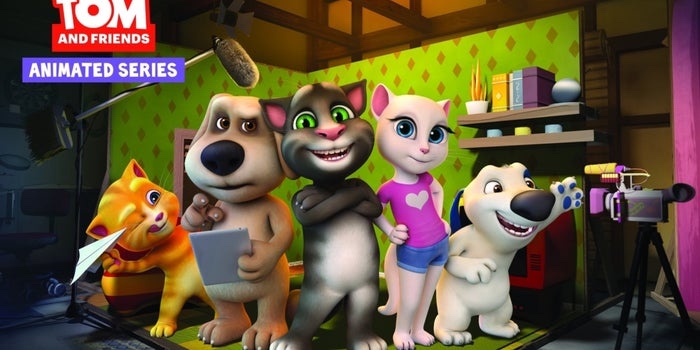
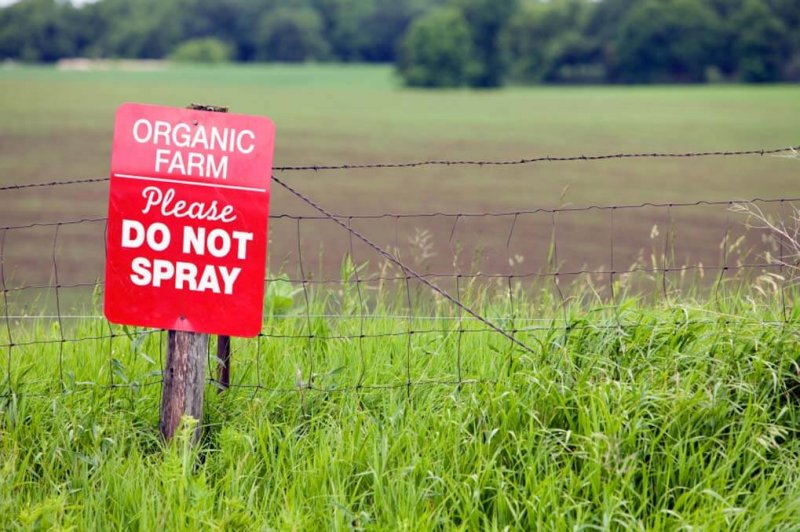
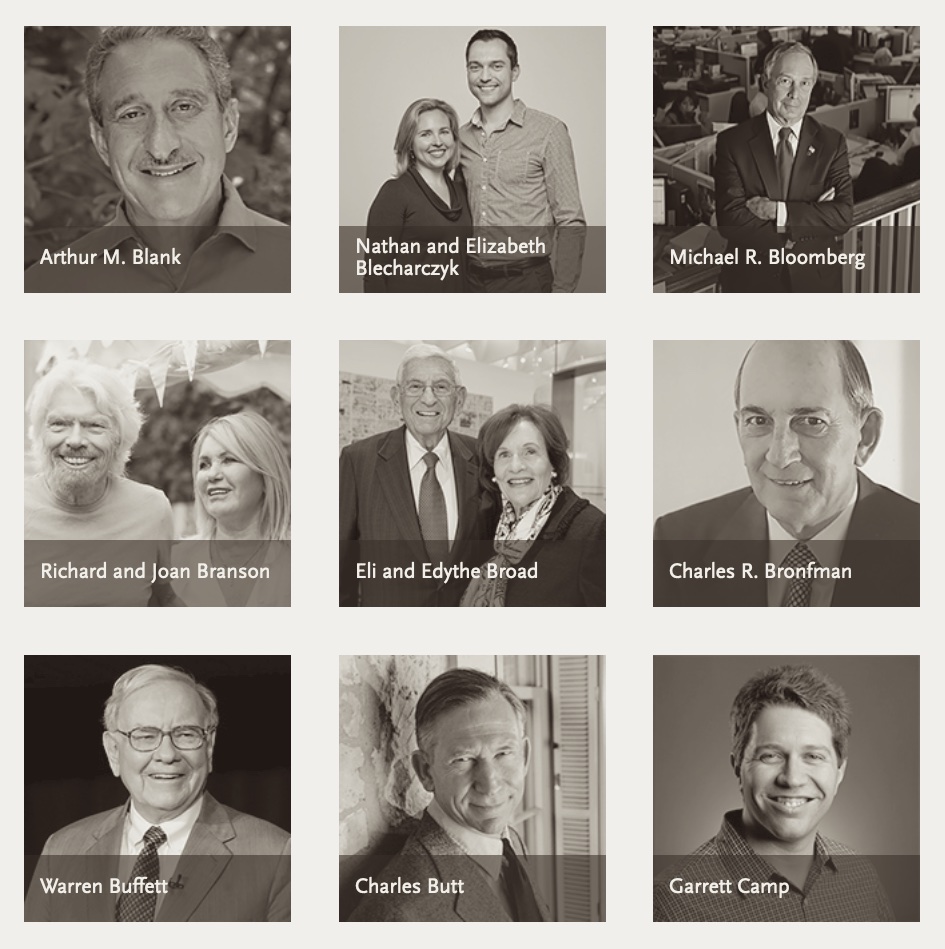
Add new comment